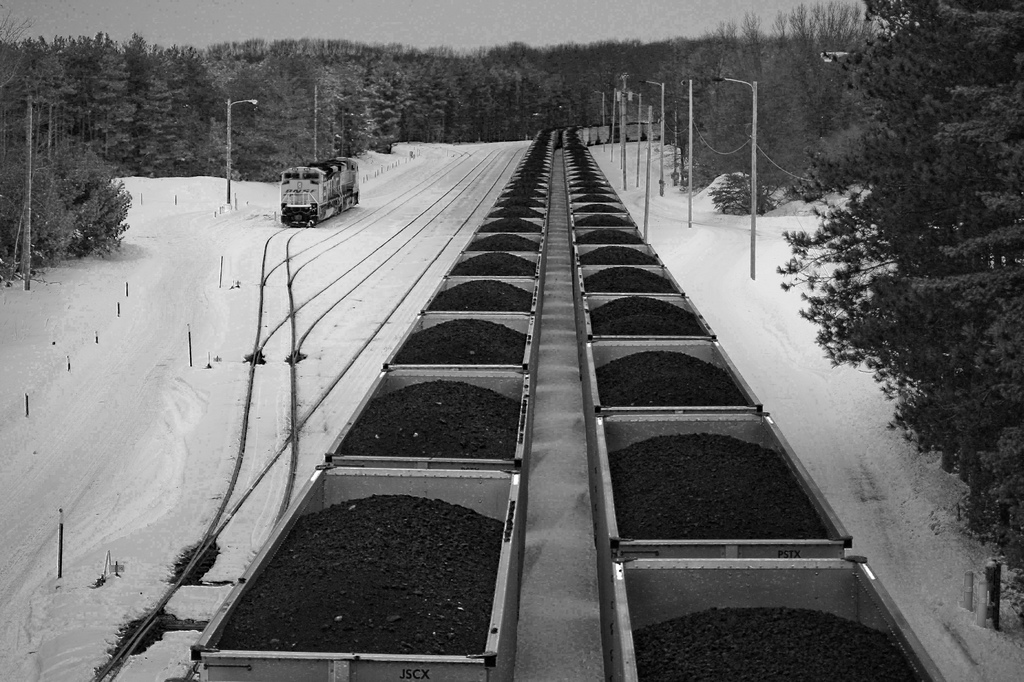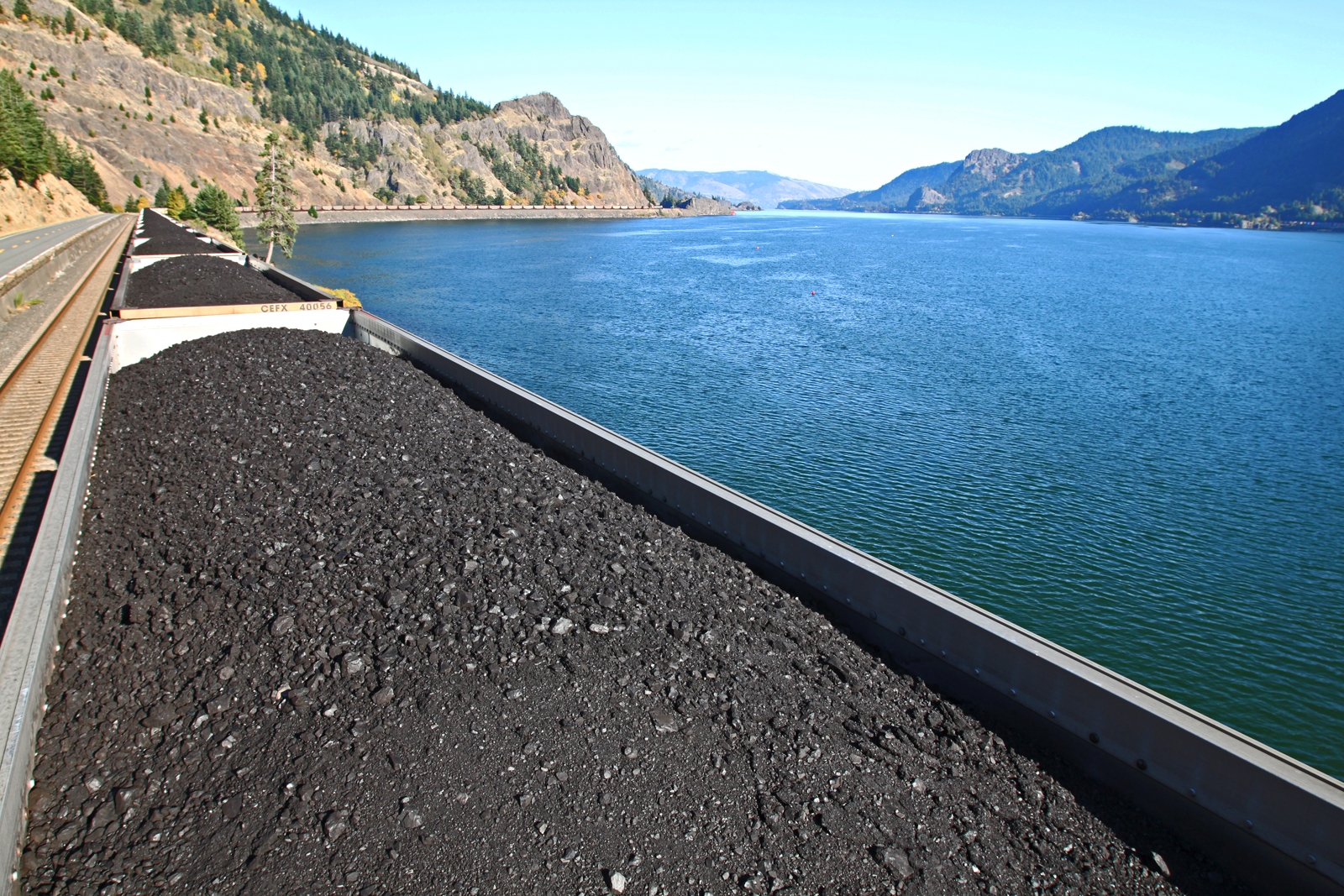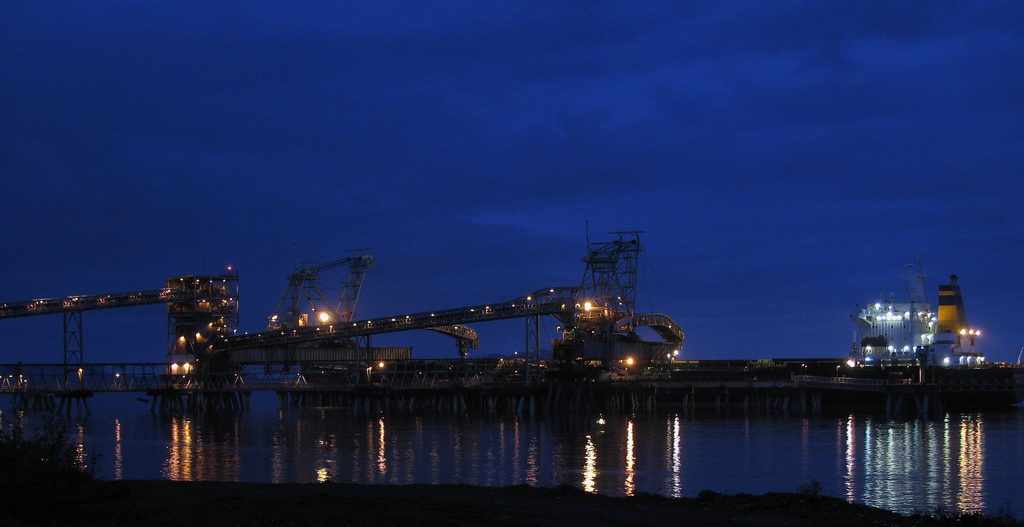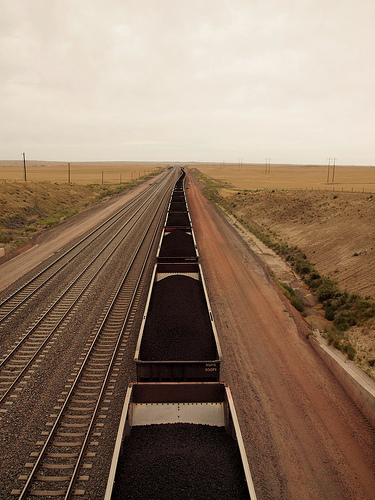A new railroad proposed in Montana offers a sneak preview of what’s to come for the Northwest coal export debate. The news is troubling.
The little-known Tongue River Railroad project would, if approved, build a new line through eastern Montana’s rangeland to allow development of a new export mine for Arch Coal. It has big implications for the proposed coal terminals in Washington: without the railroad and the mine it would support, the already troubled Millennium Bulk Terminals project at Longview may die. On the other hand, an industry-friendly permit review that ignores basic facts and blithely waves away objections would tip the scales in favor of coal.
And that’s exactly what we seem to be seeing in the recent draft analysis of the Tongue River Railroad.











